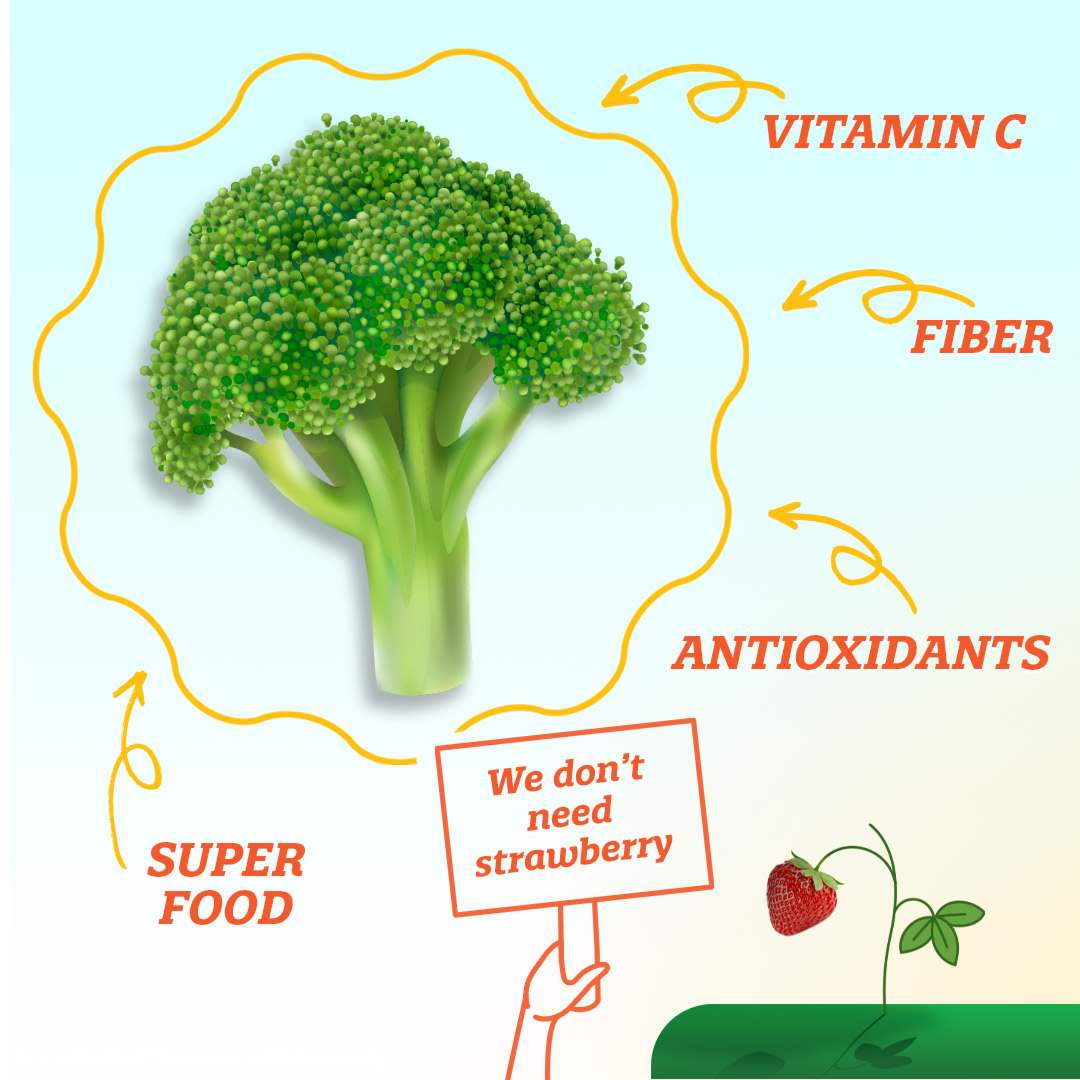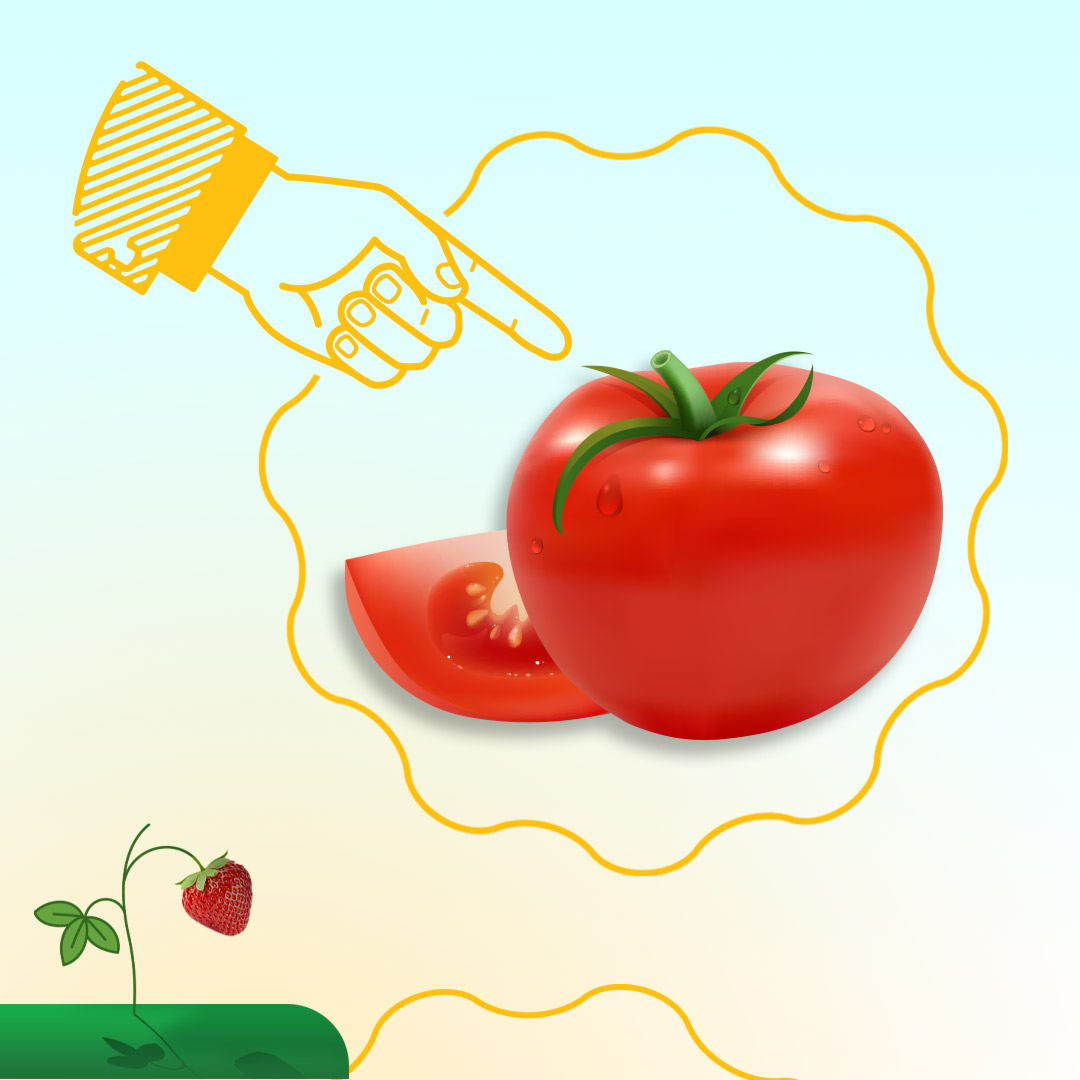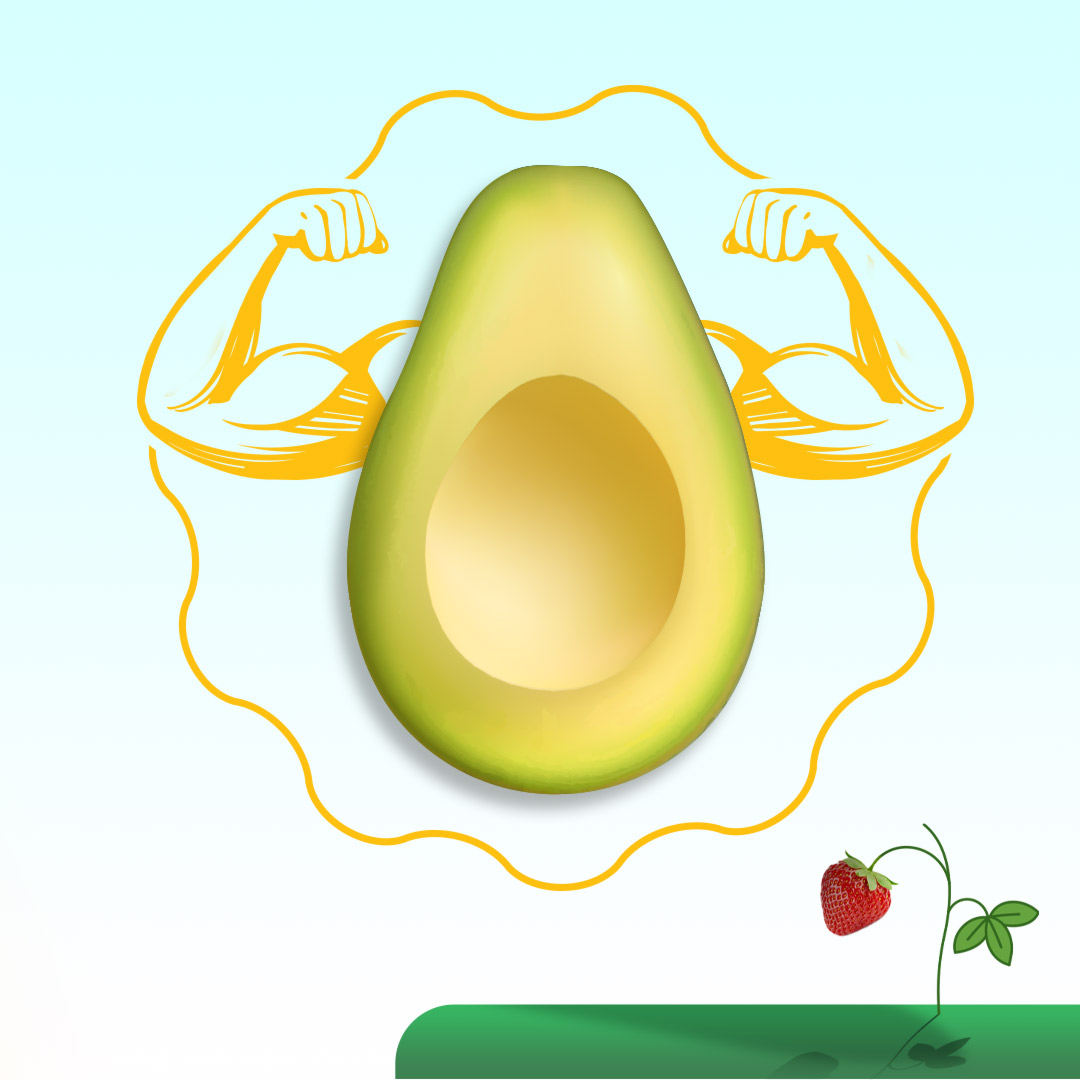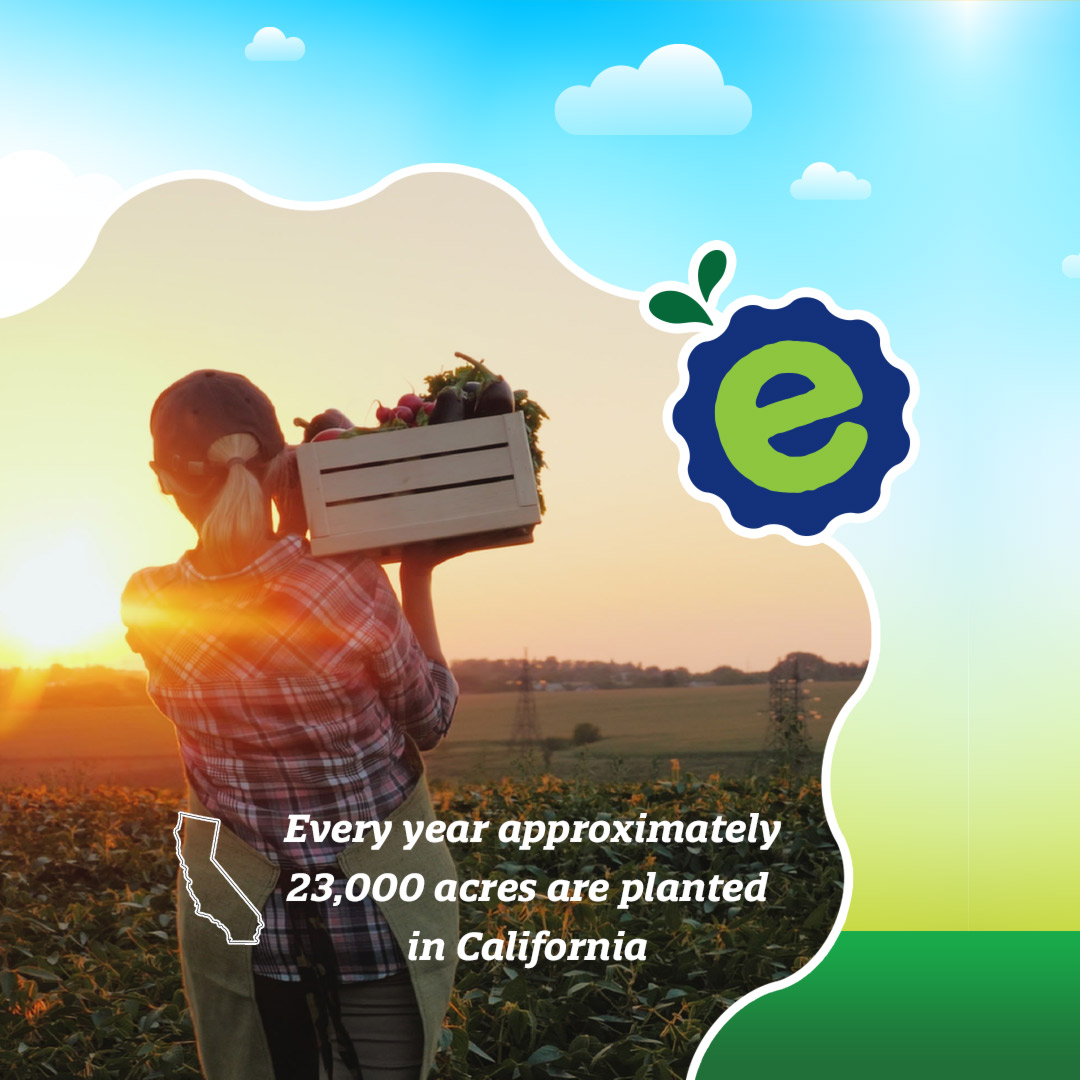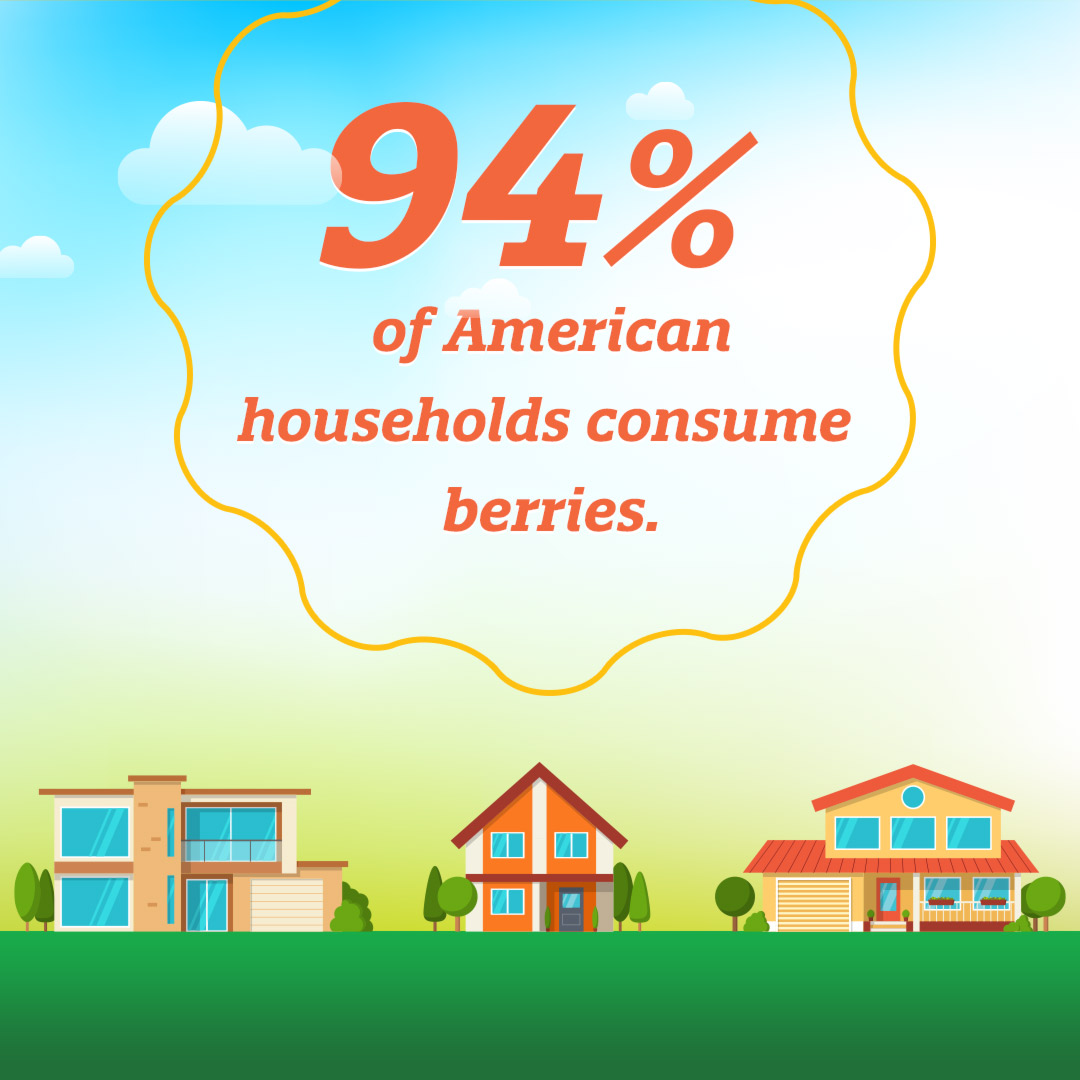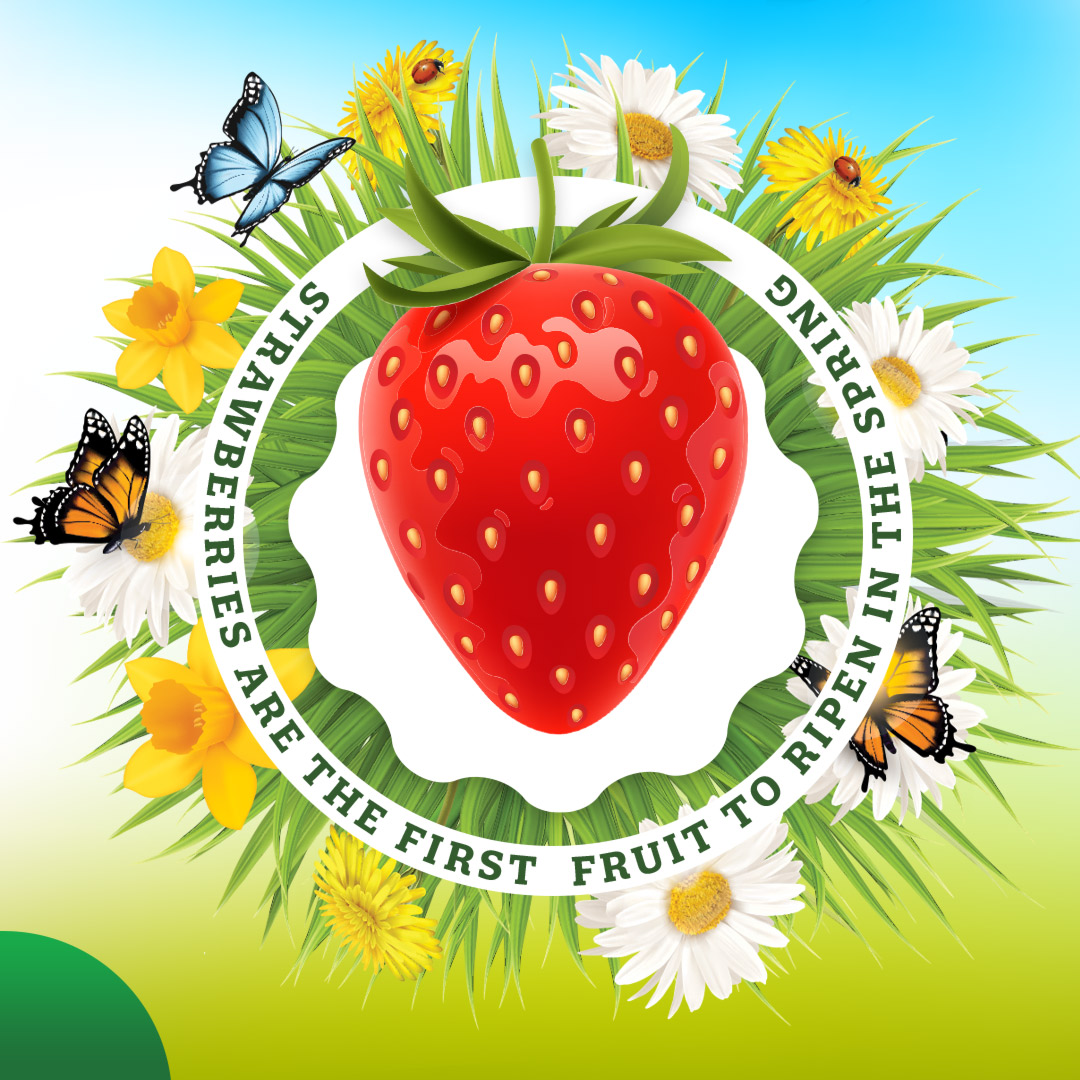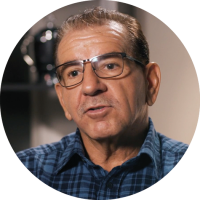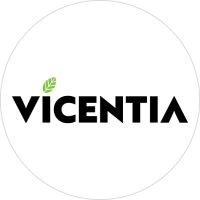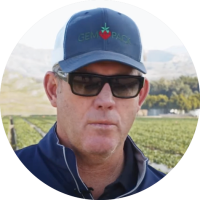Nobody NEEDED the Strawberry like they needed other “health-conscious” produce, like Broccoli. Broccoli is considered a ‘superfood’ since it is loaded with fiber, antioxidants to fight cancer, and vitamin C to aid in iron absorption.
As a result, the Strawberry often found itself as an outcast that didn’t fit in. It was never picked first over the other produce, like it’s neighbor the Tomato. The tomato is a dietary staple for millions of people. A key ingredient in countless cuisines, this versatile fruit is used
In our story, we want to tell you about the Strawberry that grew up known for being sensitive. Small in comparison to other fruits like the popular Avocado, the Strawberry was not very bold or outgoing. It had a lot to live up to, and certainly nobody was
But it is not considered the most popular, or considered a needed, every-day product. Even though each year, approximately 23,000 acres are planted in California alone.
The strawberry is a generally well-consumed berry. 94% of American households consume the berries.
It began with a Strawberry… Strawberries are the first fruit to ripen in the spring.
Don't throw out your holiday trees and wreaths, recycle them! Holiday tree recycling lets you reuse your tree in ways that will benefit wildlife AND your garden. Visit the link below to discover interesting ways to recycle trees and wreaths. Find ways to recycle here: https://www.homedepot.com/c/ai/christmas-tree-recycling/9ba683603be9fa5395fab90c0b422bc
HRH Prince William has long been an advocate for conserving the natural world. He has led international efforts to crack down on the illegal wildlife trade, and continues to support many global initiatives that focus on conservation and ending human/wildlife conflict. The launch of the Earthshot Prize comes
Biocentrism is an ethical point of view that extends inherent value to all living things. It is an understanding of how the earth works, and the significance of biodiversity. Biocentric ethics call for a rethinking of the relationship between humans and nature, and that nature does not exist
Countdown is a global initiative to champion and accelerate solutions to the climate crisis, turning ideas into action. Every organization, company, city and nation and citizens everywhere are invited to collaborate with Countdown and take action on climate. It is a movement open to everyone – and everyone

